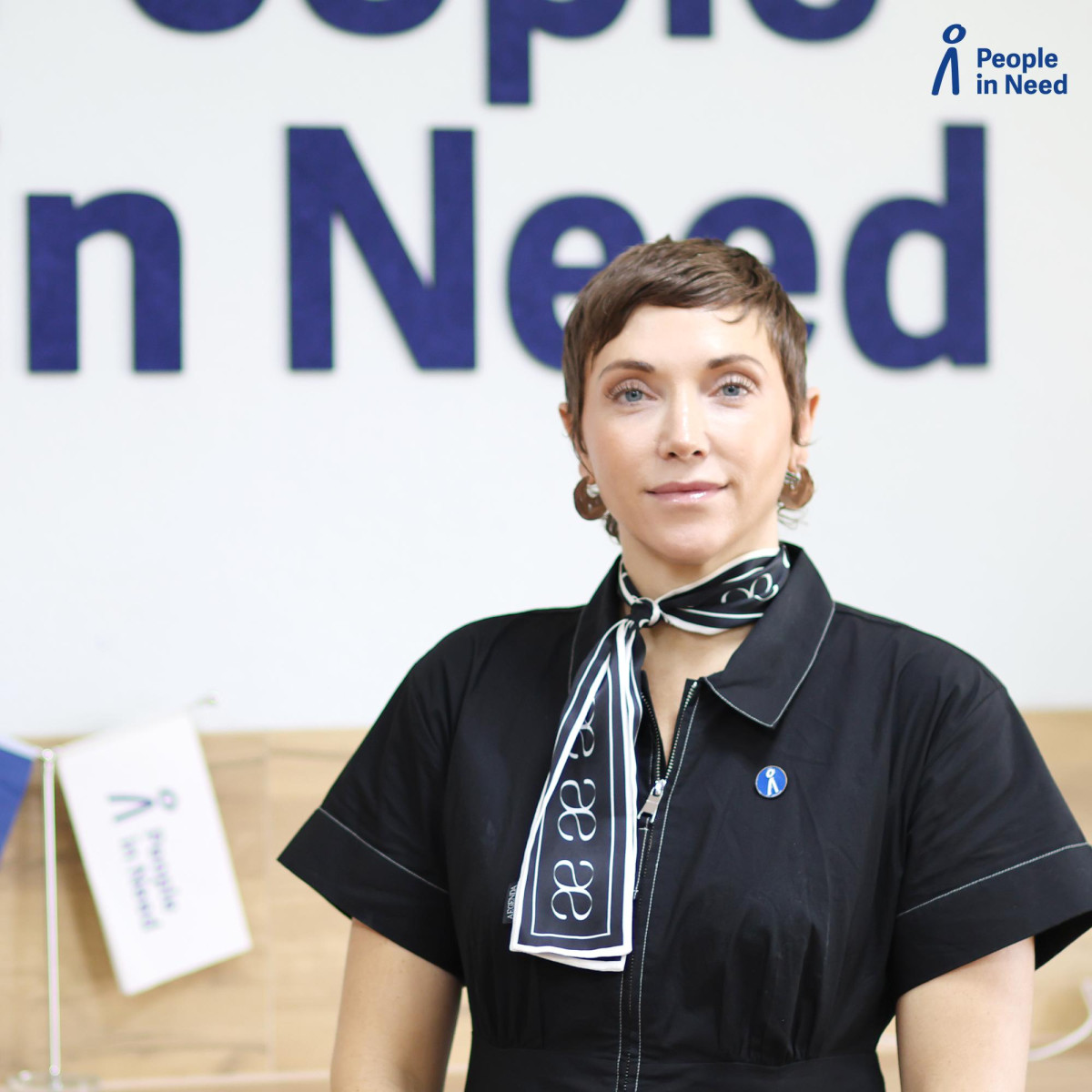APPOINTMENT OF THE NEW COUNTRY DIRECTOR FOR PEOPLE IN NEED MONGOLIA MRS. TRICIA TURBOLD
Published: Oct 1, 2025 Reading time: 2 minutes Share: Share an articlePeople in Need (PIN) Mongolia is pleased to announce the appointment of Mrs. Tricia Turbold as Country Director. She will lead PIN Mongolia’s programs and operations across three strategic pillars: Emergency Response & Recovery, Climate Resilience & Environmental Pollution Reduction, and Civil Society & Inclusive Governance, strengthening partnerships, mobilizing resources, and ensuring high-quality, rights-based, locally led programs that advance inclusive livelihoods and resilience.

Mrs. Turbold most recently served at The Asia Foundation (Mongolia) for nearly five years, first as Director of Economic Empowerment Programs, leading initiatives to advance gender equality and women’s economic empowerment in partnership with government, civil society, and the private sector and later as Director, People, Operations, and Fundraising, where she provided crucial operational and programmatic leadership across the organization. Previously, she served as Resident Director at the American Center for Mongolian Studies (ACMS) and Executive Director of AmCham Mongolia, following her earlier tenure as AmCham’s Director of Communications and Membership, where she significantly contributed to organizational growth and stability, led stakeholder engagement, enhanced visibility, and advocated for policies to promote economic development and good governance.
Mrs. Turbold holds a Master of Science in Corporate and Professional Communication from Radford University.
She succeeds Mr. Mungunkhishig Batbaatar, whose tenure as Country Director in Mongolia concluded earlier this year.
People in Need has been operating in Mongolia since 2009. Since then, PIN has delivered more than 30 projects covering all 21 Aimags (provinces), impacting thousands of people in rural and urban settings. These projects have focused on climate change and sustainable livelihoods, emergency response, gender and social inclusion, civil society empowerment and good governance, and education and skills development sectors.



